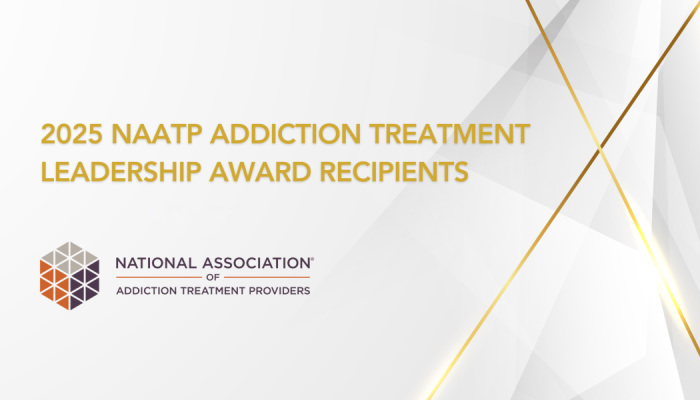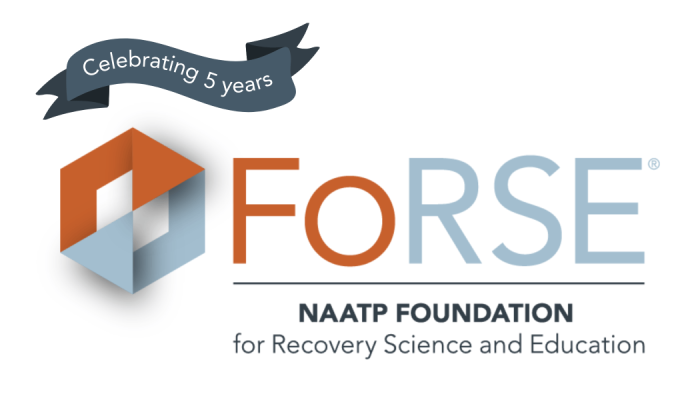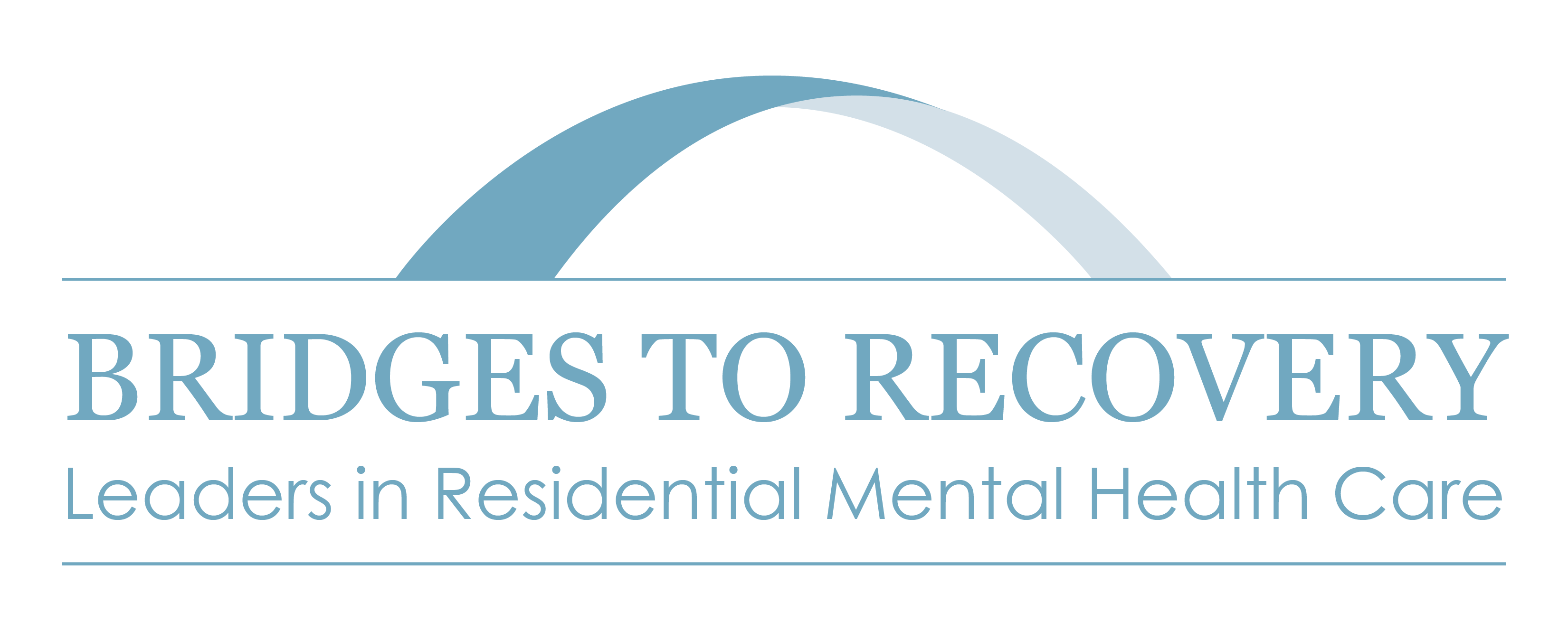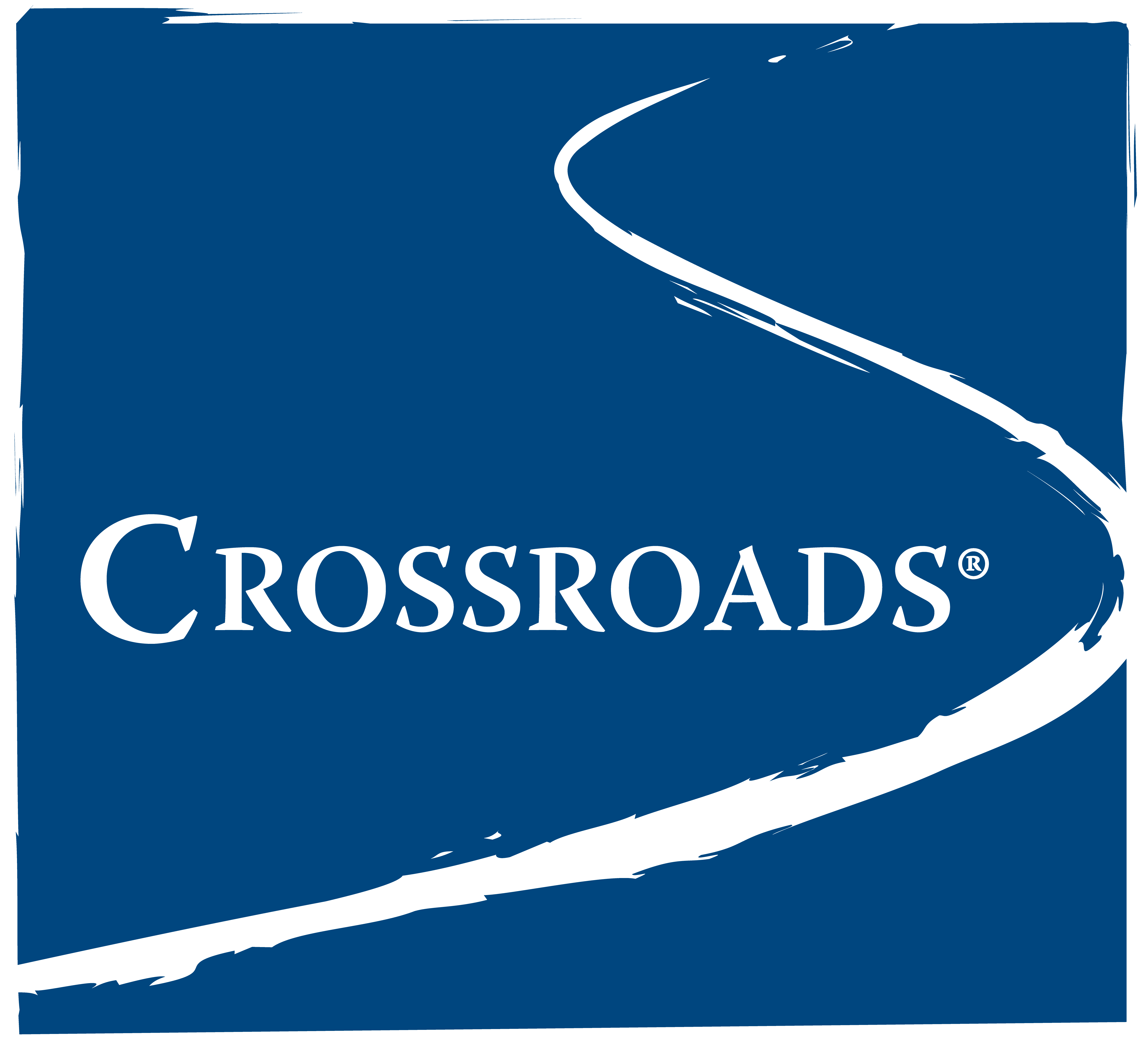Jun 19, 2023
June is an important month for diversity, equity, inclusion, and belonging with the nationally recognized celebrations of Juneteenth and Pride month. These events highlight the identities, strength, and history of the African American and the LGBTIQIA+ communities; signifying that America is the land of the free and the fight for equality is ever-present and ongoing. NAATP encourages members to continually focus on DEIB initiatives, recognize important historical dates, and to commit to making impactful changes and goals.
History of Juneteenth
It was June 19th, 1865, when Union soldiers landed in Galveston, Texas with the news that the war had ended and the enslaved were now free. This is the official date slavery was abolished in the United States, which was two-and-a-half years after President Lincoln’s Emancipation Proclamation became official on January 1, 1863. The Emancipation Proclamation didn’t reach Texans due to the minimal number of Union troops to enforce the new Executive Order. After the surrender of General Robert E. Lee in April of 1965, Union forces were finally strong enough to influence and overcome the Confederate resistance.
Union Major General Gordon Granger read aloud to the people of Texas, “The people of Texas are informed that, in accordance with a proclamation from the Executive of the United States, all slaves are free. This involves an absolute equality of personal rights and rights of property between former masters and slaves, and the connection heretofore existing between them becomes that between employer and hired labor. The freedmen are advised to remain quietly at their present homes and work for wages. They are informed that they will not be allowed to collect at military posts and that they will not be supported in idleness either there or elsewhere.”
Texas officially recognized Juneteenth as a state holiday on January 1, 1980. Since then, more than 40 other states have passed legislation observing or recognizing the significance of Juneteenth, which is one of the earliest continuously observed holidays Black people established.
History of Pride Month
On June 28th, 1969, New York City police raided the Stonewall Inn, a gay bar in Greenwich Village, resulting in patrons, staff, and neighborhood residents to riot outside on Christopher Street. Among the leaders of the riots were Marsha P. Johnson, a black, trans woman, and Sylvia Riviera, a self-pronounced drag queen, who later identified as trans. The message of the riots was clear – protestors demanded the establishment of queer spaces, where LGBTQIA+ people could be open about their sexual orientation without fear of arrest.
Pride Month is credited as being started by bisexual activist Brenda Howard, who has since been dubbed “The Mother of Pride”. Brenda organized Gay Pride Week and the Christopher Street Liberation Day Parade a year after the Stonewall Riots, and eventually morphed into what is now known as the New York City Pride March. 44 Years Later there are thousands of Pride celebrations across the world.
Bill Clinton was the first U.S. President to officially recognize Pride Month in 1999 and President Barack Obama declared June LGBT Pride Month in 2009.
Take Time to Focus on DEIB Efforts
June should not be the only time to focus on DEIB but part of an ongoing and sustainable vision of driving toward goals focused on broader diversity and inclusion. Some action steps to consider:
- Declare Juneteenth as a company holiday, demonstrating a commitment to recognizing and honoring the significance of the historic date.
- Highlight Pride Month in your communications and to your staff, indicating a commitment to recognizing the significance of month.
- Reflect on your company’s DEIB efforts and future goals. View and use NAATP’s DEIB Assessment Tool.
- Reference NAATP’s Public Policy Statement and Ethics Code with our newly updated, intentional DEIB language additions.
Learn more about NAATP’s DEIB program, efforts, and action plan. NAATP is committed and believes that DEIB Principles should be integral to our services and that health equity is critical to our field, and healthcare at large.
ABOUT THE AUTHOR
Luke Miller (he/him) served as the former Communications and Development Manager at the National Association of Addiction Treatment Providers (NAATP) with a Master's Degree in Creative Writing and a Bachelor's in Communications and English.
Passionate about fostering inclusivity and advocating for marginalized communities, Luke's commitment to social responsibility and community engagement is woven into the fabric of his professional journey, driving impactful change and fostering meaningful connections.





















